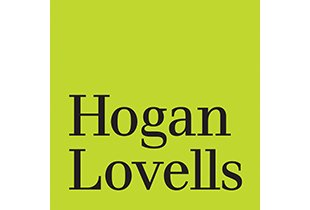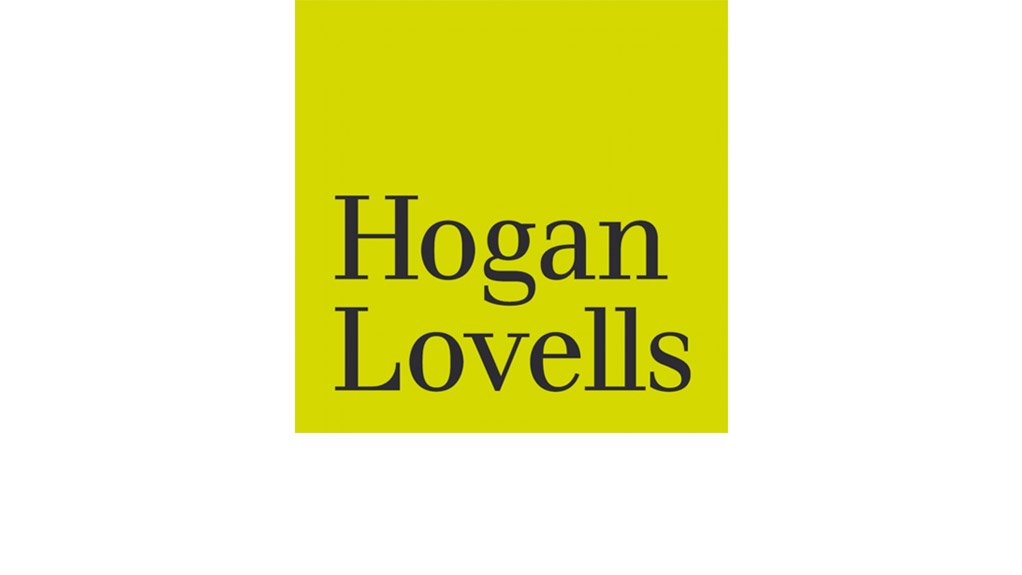Do you think that you pay your attorney too much? I am willing to wager that you do and I think I know who is to blame. The billable hour. Some will argue that this assertion is a cop-out given that I am an attorney, albeit just a candidate attorney at this stage. However, before you jump to conclusions please afford me the opportunity to convince you otherwise.
For those of you who are unacquainted with the legal profession, the billable hour is a pricing mechanism used by attorneys to charge for their services. The time taken by an attorney to attend to an instruction is recorded as an hour-denominated figure and multiplied by that attorney's hourly charge-out-rate in order to calculate the fee that will be invoiced to the client for such attendance.
Law firms and attorneys are obsessed with the billable hour, and rightfully so. More billable hours generate more fees and in turn, more fees generate more profits. The profitability of an attorney has a direct correlation to the speed at which his career will advance and the quantum of his remuneration package.
Protagonists of the billable hour will claim that transparency is its overarching advantage. The client pays for the precise amount of time that an attorney spends on a task and any fluctuations to the scope of a matter are accurately accounted for.
In contrast, detractors of the billable hour will advance rhetoric in respect of its perceived flaws. Such flaws include:
- Conflict between the interests of attorneys and clients. Attorneys wish for more billable hours, clients do not.
- Lack of differentiation in respect of the complexities of tasks. An hour spent drafting a simple board resolution is condemned to the same league as an hour spent negotiating a complex exit strategy. I concede that resolutions are a necessary part of a company's corporate governance, but a well drafted exit strategy may save a client millions of rands, and accordingly the value of these two attendances can hardly be equated.
- Imposing an artificial barrier on an attorney's earning potential. Time is a finite resource, ask my 90-year-old grandmother if you don’t believe me. If an attorney charges by the hour, he limits his daily earning potential to a maximum of 24 hours in a single day. This artificial restriction encourages attorneys to accumulate billable hours as often as possible and in respect of any conceivable task for which a client can be charged.
- Inefficiency. The longer a matter runs, the higher the amount of fees that can be generated.
- Petty charges. The billable hour incentivises an attorney to charge for all attendances, no matter how trivial. Some will argue that this is correct given the opportunity cost associated with tasks such as taking telephone calls, reading emails and instructing juniors, but from a client perspective such fees are irritating.
- Administrative burdens. Charging by the hour creates an administrative burden. Attorneys spend a lot of precious time meticulously capturing their billable hours and detailing fee narratives in order to justify the aggregate cost of a matter. This administrative burden also demands the hiring of additional support staff to facilitate the invoicing process. More support staff invariably equates to greater overheads for law firms.
The problem with the billable hour vis-à-vis attorneys' fees appears to be systemic in nature. But what is the solution? Unfortunately, I cannot tell you. Not now at least, as it would prevent me from authoring another article, which in turn will result in a reduction of media coverage for me and my firm and that may in turn reduce my ability to attract new clients and dare I say it - charge less billable hours.
Sarcasm aside, the billable hour is dead! Well not really, but it should be. Notwithstanding my lack of experience in legal practice, a paltry 21 months in total, I believe that it is time for the South African legal industry to change. We need to move away from archaic practices, such as the billable hour, and shift towards more progressive and entrepreneurial methods of charging for services that will create price certainty and result in parity symmetry between the interests of attorneys and clients alike.
Written by Darryl Jago, a candidate attorney at Hogan Lovells (South Africa), Supervising partner Gary Pritchard






